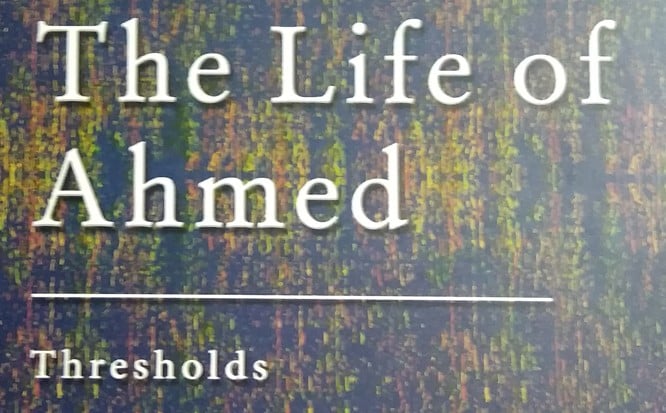
Fakhar Zaman’s debut novel in English is a must-read owing to its intensity and relatability

Fakhar Zaman is one of a few intellectuals in Pakistan whose contribution to literature has been recognised not only in the country but all over the world. An icon of Punjabi literature, Zaman has written in Punjabi, Urdu and English; with a total of almost forty books of prose and poetry to his credit.
He has played a significant role in trying to propagate peace between India and Pakistan, mainly by using the Punjabi language to bring both the Punjabs closer. A politically aware person, Zaman’s books were banned in Pakistan during General Zia’s era. However, his services were recognised and rewarded during the era of the Pakistan Peoples Party. He served a term as a senator during the PPP tenure and two as the chairperson of the Pakistan Academy of Letters. He also served as president of the Punjab PPP. He has a number of national and international awards to his credit.
It does come as a surprise that a writer as diverse as Fakhar Zaman, whose work has been translated into a number of languages, should choose to write in English.
There could be some truth to the commonly held perception that in order to gain international recognition, one must write in English as writers like Qurraulain Hyder, Abdullah Hussein and Shamsur Rehman Farooqi have had their books translated into English. Intezar Hussain’s Basti was short-listed for Booker Prize only after it was translated into English.
The Life of Ahmed is autobiographical fiction loosely based on the writer’s experiences. Through the novel’s hero Ahmed, Zaman has highlighted the socio-economic and political issues of Pakistan.
The depiction of prison life is a purple patch. The fact that Zaman himself faced this ordeal makes him the perfect candidate to depict the minute details of the different aspects of a prisoner’s daily life. He explains the torture faced by political workers during General Zia’s era and the commitment of those who, despite all kind of tortures, remained steadfast.
Zaman relies on extensive use of poetry throughout the novel; both his own and that of other poets. There are a total of thirty-four chapters, or what he calls, thresholds in the novel.
Robert Fisk once said that in order to read history one must read fiction. It seems that Zaman followed the logic while writing The Life of Ahmed. He writes about Ahmed, who sees many ups and downs in his life. He marries thrice. His third marriage, to an Indian Urdu speaking writer and historian, is the one that has the most impact on his life.
In the last part of the novel he writes, "Now, probably, in the last threshold where Ahmed has perched himself firmly and keeping his balance correctly, he can feel darkness beyond, the infinite. But at the same time, he is holding the hand of his wife who reminds him that she is the silver lining, the light at the end of the tunnel, a lighthouse in the turbulent waters.’ Her words, "This pitch darkness ahead won’t pull him because her pull is stronger, firmer and robust," resonates and lights up hope. The novel ends on this note of optimism.
The Life of Ahmed reminds one of Fyodor Dostoevsky, Gramsci, Nikolai Ostrovsky and many others who wrote about life in prison.
Zaman’s novel is a welcome addition to Pakistani fiction in English.
The Life of Ahmed: Thresholds
Author: Fakhar Zaman
Publisher: Sang-e-Meel Publications
Pages: 192
Price: Rs700